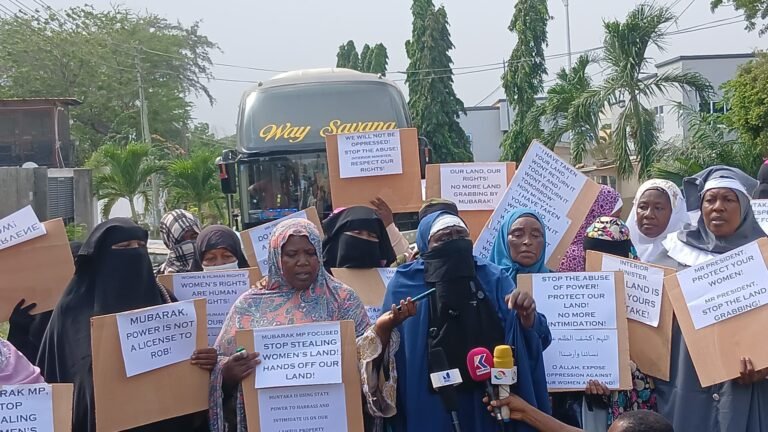
Dr. Frank Bannor, Senior Research and Policy Analyst at CDS

The Centre for Democracy and Socio Economic Development (CDS) has charged government and its stakeholders to initiate and implement pragmatic and strategic framework to combat corruption in the country.
A statement signed and released by the Senior Research and Policy Analyst at CDS, Dr. Frank Bannor, recommended that Ghana’s strategy for combating corruption should include a proactive framework for foreseeing and managing corruption risks.
The statement stressed that a thorough review of every possible project and contract within the public sector is required to help minimise potential corruption risks.
It further noted that government and political influence should not be allowed in state agencies, stressing that the law requires facilitation of identification and punishment of corruption cases.
“To strengthen monitoring, the government must ensure that public complaint procedures are incorporated into projects and contracts,” it suggested.
Strategic tenet
The statement also indicated that corruption prevention should become a strategic tenet of Ghana’s governance system. “To mitigate corruption, deterrence is of great essence. Such a measure would send a strong message to potential wrongdoers about the latent consequences of their misbehavior and inaction,” it said.
The statement called on government to establish a system that rewards appropriate behaviour and penalizes corrupt conduct in the public sector.
“All citizens must understand they have a role to play in the fight against corruption. Citizens and public sector workers must immediately report any suspicions of bribery or corruption to mandated agencies and institutions,” it added.
The statement said corruption poses a significant risk to Ghana’s economic development, noting that “economic inequality is made worse by corruption, with a one-unit rise in corruption resulting a 0.15 to 1.5 per cent decline in GDP per capita”.
Petty corruption
Petty corruption, in particular, it noted, impacts citizens’ perceptions of corruption in a country because it interferes with their daily lives and undermines public trust in democratic processes, government legitimacy and state institutions.
“The CPI has grown as the most crucial global indicator of corruption in the public sector since its launch in 1995. Using information from 13 external sources, including the World Bank, World Economic Forum, private risk and consultancy organizations, think tanks, and others, the Index assigns ratings to 180 nations and territories based on perceptions of public sector corruption.
“Until 2012, the CPI was computed between 0 to 10, with a lower value of 0 indicating a high level of corruption, while a higher score value indicated a lower level of corruption. At that time, Ghana’s average score was 4.1, which was recorded in 2010… Since the methodology of the CPI changed in 2012, where countries are now ranked based on a score of 0 to 100, Ghana’s average score has not changed significantly, obtaining only 48% in 2014. It is worrying, that since 2000 when the CPI report was launched, Ghana’s score has always been below average, and this leaves much to ponder about as a nation,” portions of the statement read.
The statement, however, disclosed that CDS had noted with concern Transparency International’s 2022 Corruption Perception Index (CPI) report, published on January 31, 2023.
In the report, Ghana, which is an African democracy exemplar, received a score of 43 on the CPI. The country scored 43 on the CPI ranking in 2020 and 2021, respectively. According to the report, Ghana’s efforts to combat corruption had stalled.





